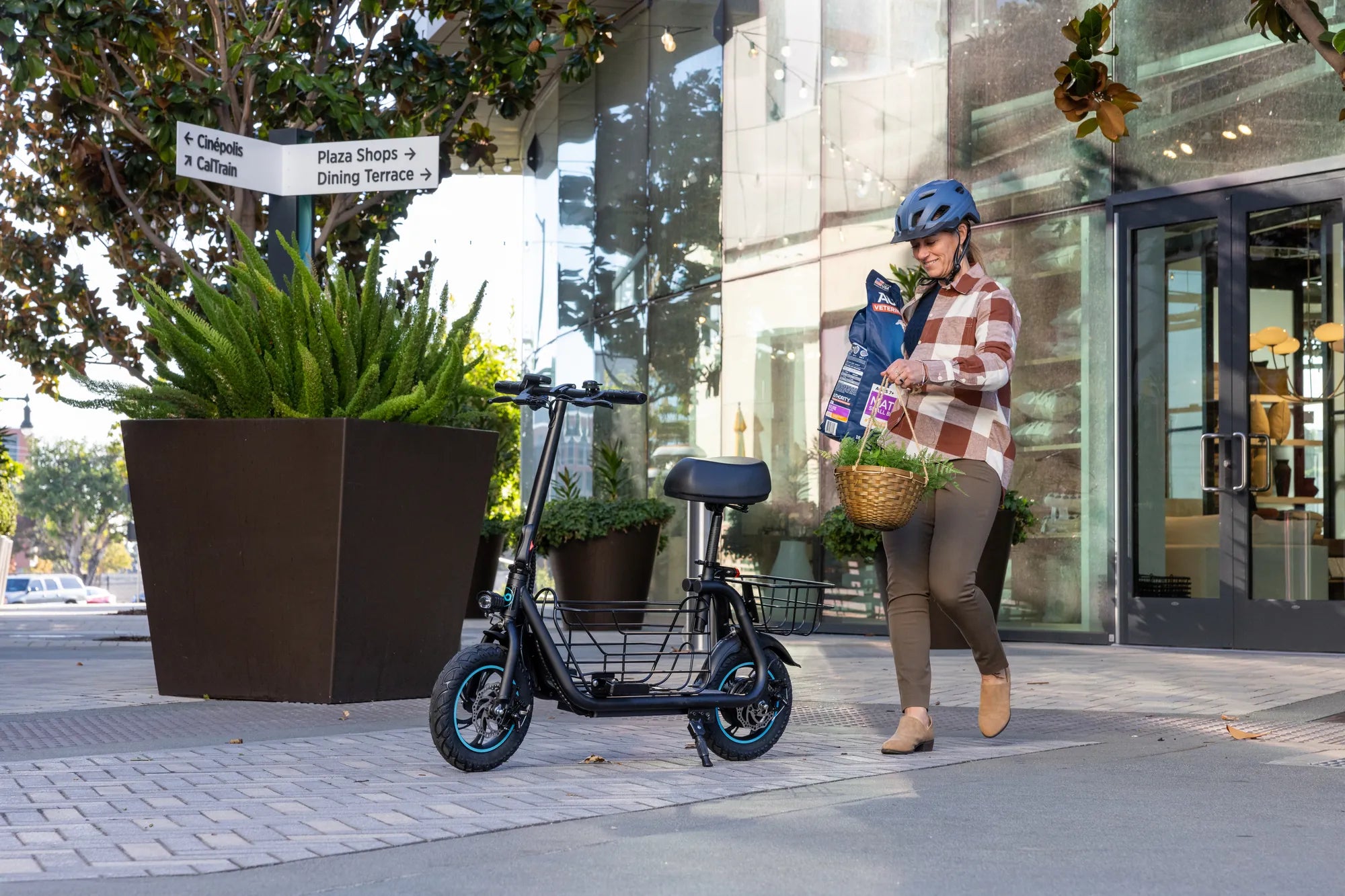Electric scooters have taken cities by storm, offering a convenient and eco-friendly way to get around. But with their rising popularity comes a growing need to understand the rules governing their use. Whether you're a daily commuter or just curious about hopping on one, knowing the regulations can keep you safe and out of trouble.
Understanding Electric Scooter Regulations
Rules for electric scooters vary widely depending on where you live. In many places, they are classified as "personal mobility devices," which means they fall under specific traffic laws. Some cities require riders to follow the same rules as bicycles, while others treat them more like motor vehicles.
Age and Licensing Requirements
Many jurisdictions have age restrictions for electric scooter riders. For example, some areas require riders to be at least 16 years old, while others may mandate a valid driver's license. Always check local laws to ensure compliance.
Speed Limits and Power Restrictions
Most regions impose speed limits on electric scooters, typically capping them at 15-20 mph (24-32 km/h). Additionally, some places restrict the motor power, often limiting it to 750 watts or less. Exceeding these limits could result in fines or confiscation of the scooter.
Where Can You Ride an Electric Scooter?
Electric scooters are generally allowed on bike lanes, shared paths, and roads with speed limits under a certain threshold. However, riding on sidewalks is often prohibited to ensure pedestrian safety. Always look for posted signs or consult local ordinances to confirm where scooters are permitted.
Helmet Laws and Safety Gear
Helmet requirements differ by location, but wearing one is always a smart choice. Some areas mandate helmets for all riders, while others only require them for minors. Reflective clothing and lights are also recommended, especially for nighttime riding.
Parking and Docking Rules
Improper parking can lead to fines or even scooter impoundment. Many cities have designated parking zones for electric scooters, and leaving them blocking sidewalks or ramps is often illegal. Be mindful of where you leave your scooter to avoid penalties.
Insurance and Liability
While insurance isn't always required for electric scooters, it's worth considering, especially if you ride frequently. Accidents can happen, and having coverage can protect you from costly liabilities.
Penalties for Breaking the Rules
Violating electric scooter regulations can result in fines, points on your driving record, or even legal action in severe cases. Familiarize yourself with local laws to avoid unintended consequences.
Electric scooters are a fun and practical way to navigate urban areas, but staying informed about the rules ensures a smooth and safe ride. Whether you're a seasoned rider or a newcomer, knowing the regulations will help you enjoy the ride without any hiccups.

Share:
What Batteries Do Electric Scooters Use: A Complete Guide
What Batteries Are Used in Electric Scooters: A Comprehensive Guide